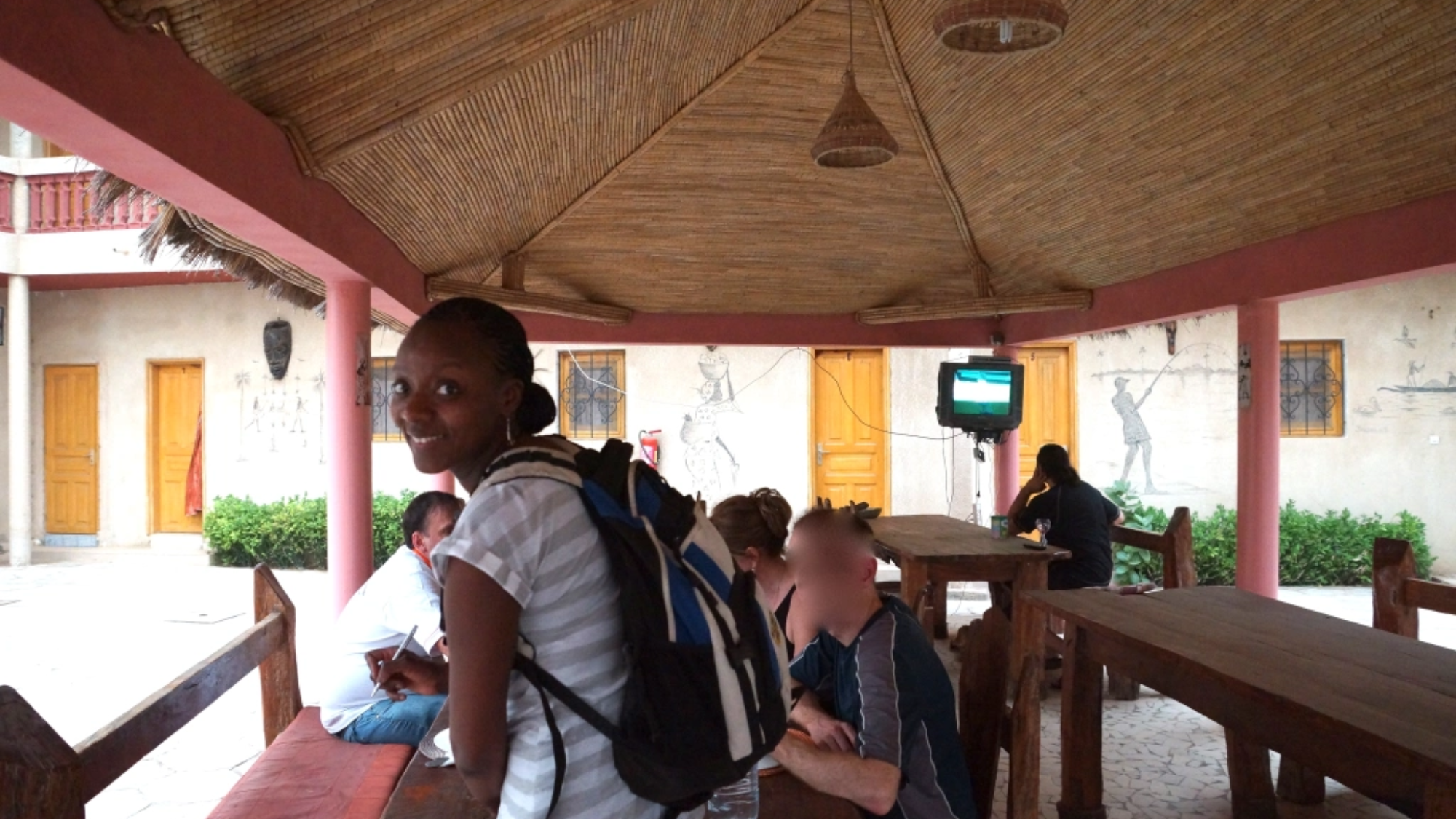January 27th 2012. This was supposed to be an uneventful day. Going to work and in the evening catching up on news and share holiday pictures with friends and family in Senegal. I was in there this past December. It had been 6 years since my last trip.
Dakar has changed with its new roads monuments, new hotels. At the same time, socially, things feel worse with the ever so palpable precariousness and poverty.
So anyway, it was a turn of fate that had me be in the US that day, staring at my Blackberry, watching people at the ‘Place the l’Obelisque’ demonstrating. I could just as well have been in Dakar, witnessing first hand the political situation.
As I recall in 2011 the lengthy standoff between President Ouattarra and President Gbagbo in Cote d’Ivoire and in 2009 the coup d’Etat in Niger against former president Tanja, I still cringe at the images published by the international press. I think this is because for those of us that are from this part of the world, we know these countries offer so much more than what is portrayed in the news. Now that Senegal is opening the ball in 2012 with elections at the end of February, I feel that I can be proactive this time and make my voice heard about what this country should also be known for.
First off, from a business perspective, Senegal is an emerging economy with an average annual GDP growth of 4% in ’11 projected to reach about 4.4% in 2012 (1). By comparison the US GDP was at about 3.9% in’11(2). Although it’s main exports are sea products, peanuts, phosphate, Senegal has made great strides in fostering tourism/service and heavy industries investments by shortening the procedures for incorporating businesses, simplifying its taxation system and more recently in 2004 reducing the corporate tax from 35% to 25% (3).
What I find interesting with Senegal is its commitment in learning and eventually mastering higher technology industries. A few examples that I can point to are the SENBUS automotive plant, (opened in 2003) and more recently in July 2011 the opening of SPEC, a solar panel/solution manufacturing plant. I personally can’t wait to see how these businesses will evolve over time.
Senegal is a young and vibrant country 44% of the population is 15 years old or younger (4). Yet, it has a culture that is deeply attached to a long tradition of dialogue. There is a certain discipline in the way people interact with one another and exchange ideas. the M23 demonstrations, the transport union strike, an ever growing participation of the civil society in the political discourse and the role of religious groups are many examples that recently showcase the will of the society to solve essential matters with decorum.
Senegal is a tolerant country. With a population that is 95% muslim, the first president, Leopold Sedar Senghor was in fact christian. Most families, including mine, have parents and grandparents from the two religions and I don’t know any Senegalese muslim families that would miss listening to the homily of Cardinal Adrien Sarr or that don’t celebrate Christmas.
This is finally a country with a dynamic and diverse diaspora, working in various fields and in all parts of the world. Economically we contribute a substantial amount of Senegal GDP, about 11% in 2011 through remittances and bank transfers.

I will let others detail the current electoral/political situation in Senegal. My perception can certainly be debated, I am sure that those at home may perhaps call me a dreamer, yet I just hope that for a moment you can see the good in spite of the challenges and envision the potential of this country the way I do.



